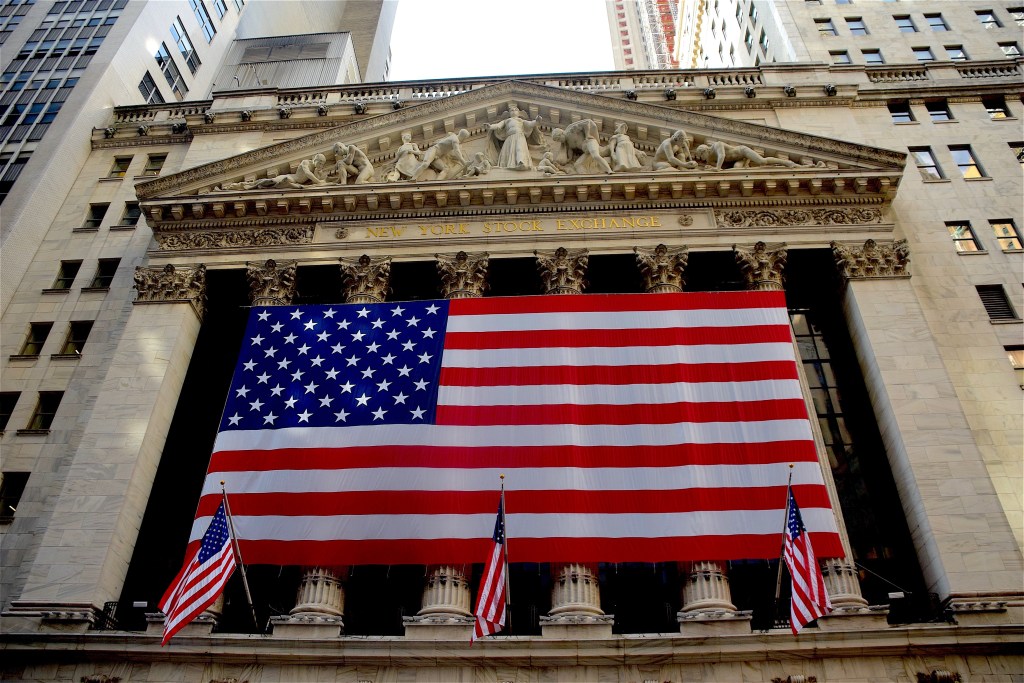Investors continue to fret over tighter monetary policy and set the stage for the Dow’s worst year-to-date performance since 2008.

Markets sank on Friday to close a historically bad month and quarter, with the Dow Jones Industrial Average closing 22% below its January 5 peak.
The S&P fell 4%, its largest single-day loss of the year, on September 13 after data from the Labor Department revealed that consumer prices rose faster than expected in August, with investors expecting further rate hikes from the Fed as it attempts to bring down inflation.
Several other economic indicators released this month also demonstrated sticky inflation, with August core inflation surpassing analyst expectations and initial jobless claims hitting their lowest level in five months, a concern for investors as the Fed has expressed the need for the labor market to contract before stopping rate increases.
Lael Brainard, the Fed’s vice chair, said Friday that “monetary policy will need to be restrictive for some time,” expressing the central bank’s commitment to not reversing its tightening measures “prematurely.”
Bond markets were rattled this week after the British government unveiled a messy plan to reduce taxes, further adding to general skepticism of central banks’ tactics from investors.
Sevens Report analyst Tom Essaye wrote in a Friday note that the British government “further [shook] the market’s confidence in the institutions that are supposed to ensure orderly markets and stable economies.”
Russia illegally annexed four Ukrainian provinces Friday, and geopolitical risk from the ongoing war in Ukraine continues to weigh on markets. The Russian invasion “continues to add to market volatility, energy insecurity, and downside risks for economic growth,” Mark Haefele, UBS Wealth Management’s chief investment officer, wrote in a Friday note.
23%. That’s how much shares of cruise company Carnival sank Friday after the company reported dismal third quarter earnings bringing the stock to its lowest level in 30 years.
This article was first published on forbes.com
Stock Market Gloom ‘Worse Than Ever’ As Fed Signals It May Keep Tightening Until Recession (Forbes)
Peloton Shares Crash And Hit All-Time Low As Pandemic Stock Darlings Fall Back To Earth (Forbes)